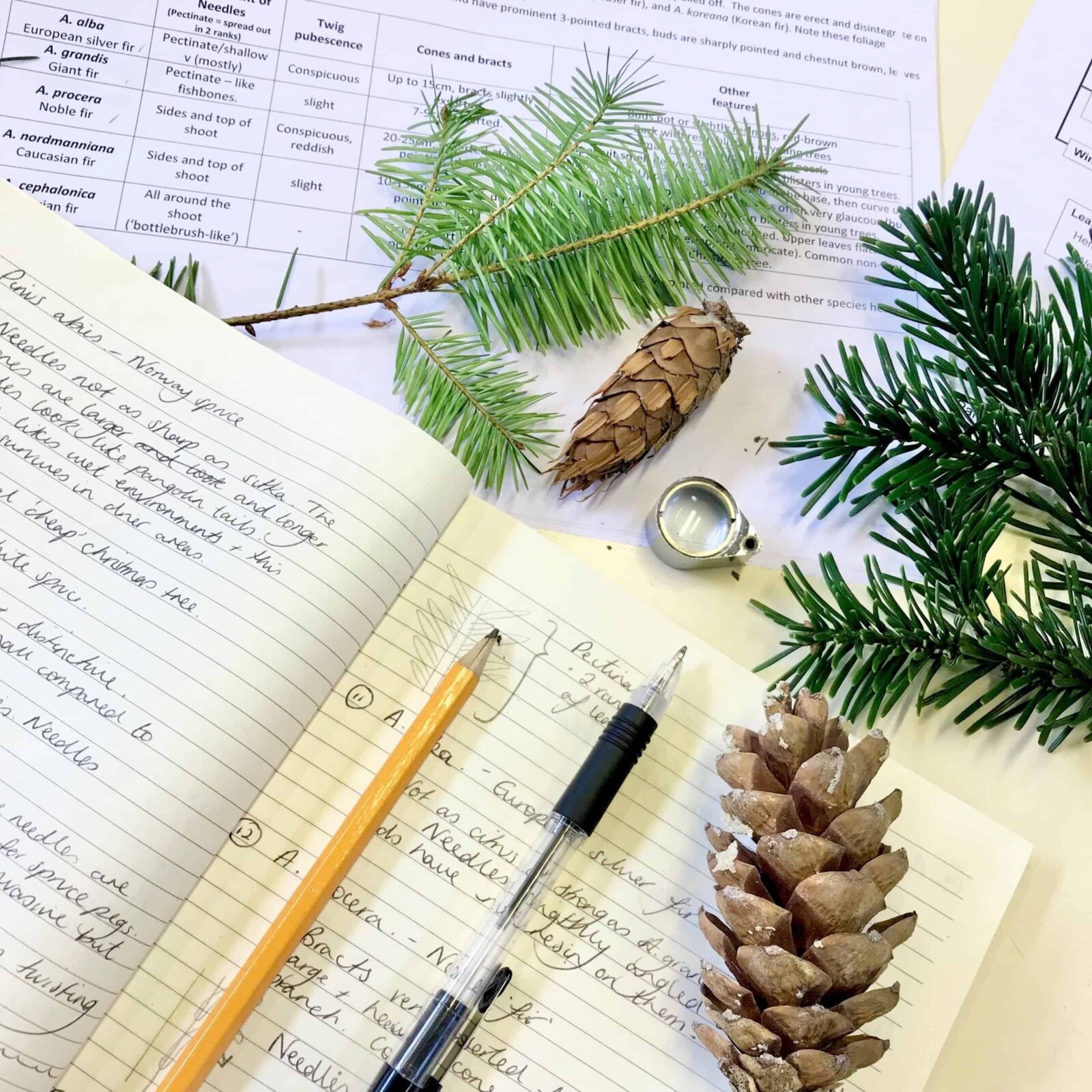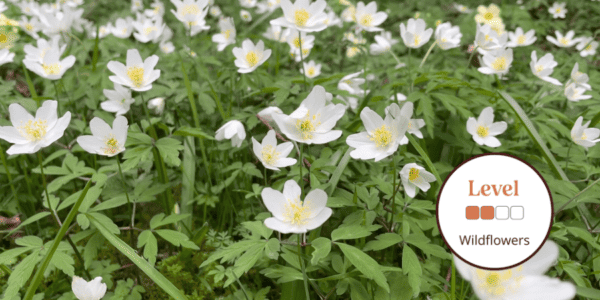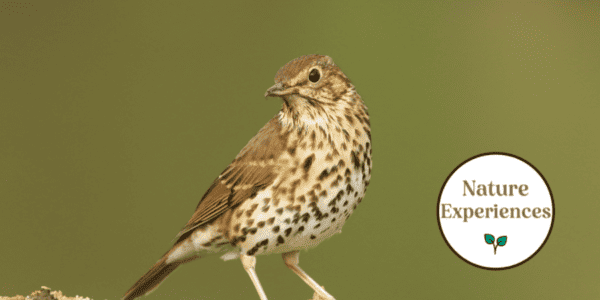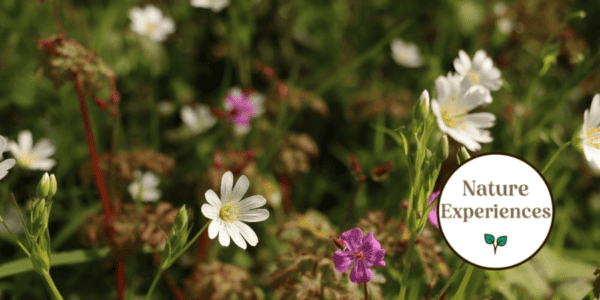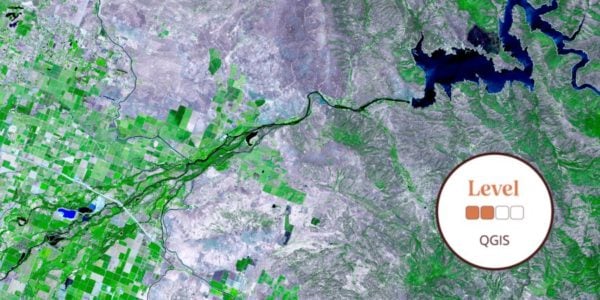This course will introduce learners to the basics of biological recording, such as grid references, data flow and verification. In addition, the course will give those new to iRecord (or those existing users who struggle with the platform) an introduction to the basic features of the platform and instil them with confidence when using iRecord to submit biological records.
iRecord is a free tool created by the Biological Record Centre to support naturalists and biological recording schemes and societies, facilitating the submission of biological records.
What topics are covered in this course?
- Introduction to Biological Recording
- Grid References & Submitting Records
- Data-Flow & iRecord Activities
- Exploring & Downloading Data
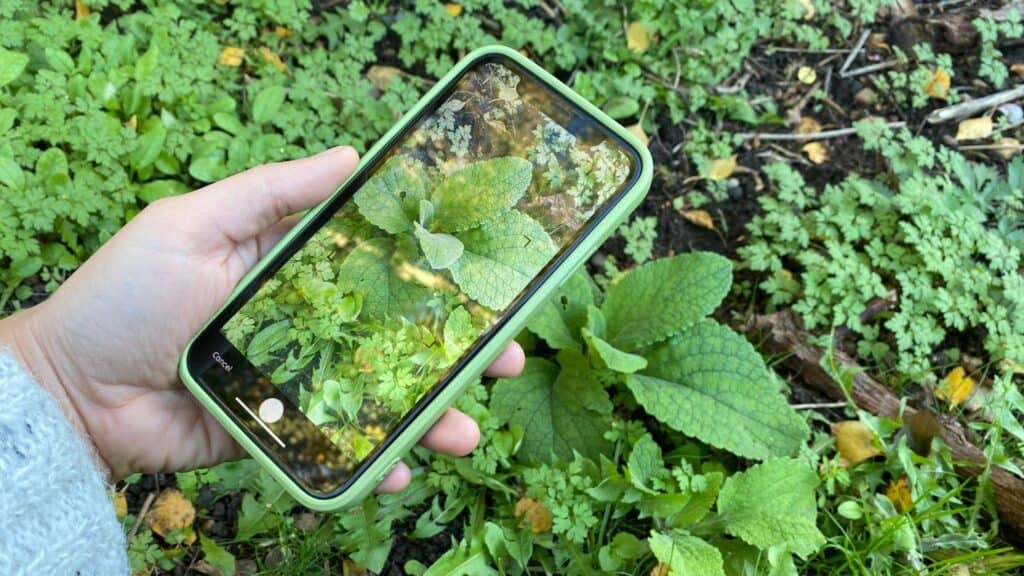
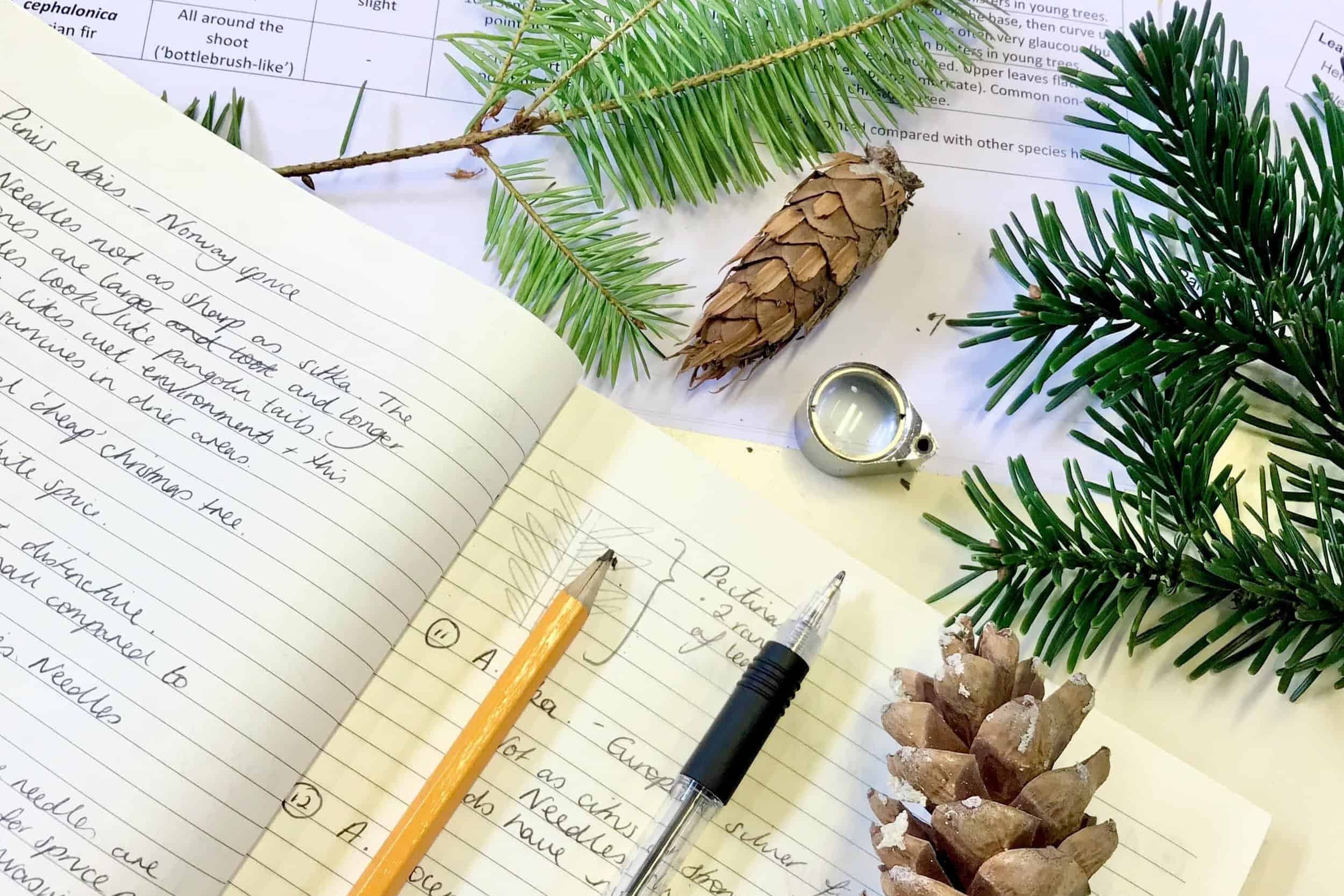

Read More
Biological recording is the activity of recording information on where a living organism, habitat or community is found, when it was seen and by whom. Biological records inform wildlife monitoring, research, nature conservation and policy, as well as helping to engage the public with nature and developing wildlife survey and identification skills.
iRecord is a free tool created by the Biological Record Centre to support naturalists and biological recording schemes and societies. It facilitates the submission of biological records into the complicated network of organisations that make up the UK’s biological recording community. It is an ever-evolving platform with many features and an ever-expanding user base, including over 700 registered record verifiers that contribute their taxon-specific expertise into the verification system.
This is a 4-week online course covering 4 topics, for which you will complete a variety of self-led online resources and activities. Weeks one and three are concluded with an interactive Zoom workshop to troubleshoot assignment queries. Time commitment is approximately 3-4 hours a week and an E-certificate is provided upon completion.
What will be covered during this course?
- Introduction to Biological Recording – This topic covers what a biological record is and introduces concepts such as data resolution, data quality and verification. The iRecord platform is introduced and learners are set up with accounts and access to the Discovering iRecord activity for future assignments.
- Grid References & Submitting Records – This topic introduces the technical skills needed to submit records, including grid references and practical experience of submitting real biological records through iRecord in the form of a ‘Garden birdwatch’.
- Data-Flow & iRecord Activities – This topic covers what happens to a biological record between the initial observation and use of the record by user groups such as conservationists, scientists and decision-makers.
- Exploring & Downloading Data – This topic looks at how data can be accessed in iRecord and where to go outside of iRecord to access national and even international datasets. Learners are taught how to download their records and explore data held on the iRecord system.
By the end of the course, you will be able to:
- Understand the main components of what makes up a usable biological record.
- Use irecord to submit biological records.
- Utilise the main functions of iRecord including search for, downloading and checking the progress of submitted biological records.
Who should attend? – Anyone and everyone that is interested in making their wildlife observations count, including students, biological recorders, citizen scientists, ecologists, academics, wildlife photographers and anyone that considers themself a nature enthusiast.
Knowledge level – Introductory/beginner. Level descriptors can be found on the following webpage: Framework and Course Level Descriptors
Prior knowledge – No existing knowledge or experience is needed for this course, just a willingness to contribute and learn.
Please note – bookings will close 2 working days before the course start date to allow for all participants to be enrolled to the online platform – bookings will not be taken after this time.*
*Bookings will close sooner if course capacity is reached
Understand how our online courses are delivered here.
Live Webinar Information
There are 2 webinars for this course, taking place at the end of weeks 1 and 3. These will be focused on trouble shooting and discussing assignment submissions.
Please see the date listing below for the day and time.
Please note – webinars will be recorded and uploaded to the virtual learning platform for learners unable to attend.
About the Tutor
Keiron Derek Brown
Keiron Derek Brown is passionate about biological recording and studying invertebrates, and delivers a wide range of events and training opportunities through the Biological Recording Company. He is the national recorder for earthworms (running the National Earthworm Recording Scheme on behalf of the Earthworm Society of Britain) and the Chair of the Ecology & Entomology section of the London Natural History Society. He also sits on the advisory council of the National Forum for Biological Recording.
Between 2016 and 2023 he designed and managed the £1.6 million FSC BioLinks project for the Field Studies Council, with the aim of inspiring amateur naturalists to take up the identification and recording of invertebrate groups that are often forgotten and rarely recorded.
Example Timetable
Week 1: Introduction to Biological Recording
Self-study material available from the start date.
Week 1 Live Webinar at the end of week 1
Week 2: Grid References & Submitting Records
Self-study material available after week 1 webinar
Week 3: Data Flow & iRecord Activities
Self-study material available after week 2 webinar
Week 3 Live webinar at the end of week 3
Week 4: Exploring & Downloading Data
Self-study material available after week 3 webinar
The final deadline to complete any outstanding assignments and self-study components 2 weeks after the final webinar
Time commitment: This course will require approximately 3-4 hours of your time each week. This includes covering course materials on our Moodle learning platform and the Zoom session.
What's Included
The course has been carefully created to help you continue to build and develop your knowledge as the course progresses. With content crafted to the online Moodle Platform and bespoke to the Field Studies Council.
The course includes:
- 2 x 45-minute interactive Zoom workshops to connect with the tutor and other participants
- Expert tuition for which the Field Studies Council is renowned
- Activities to work on independently in advance of each Zoom workshop
- Tailored course completion certificate.Once registered, you will follow well-illustrated, user-friendly ’books’ to pick up knowledge. Quizzes and skill checks will give you instant feedback on your learning. Forums give students the chance to interact with each other as well as a place to share work.
Bursaries and Subsidies
Student Discount
This course is eligible for a student discount. If you are a current student, please use discount code BioStudent20 at checkout for 20% off all Biodiversity courses.
Natural History Bursaries
There are a number of natural history bursaries available to help with the cost of your course. To find out if you and your chosen course are eligible, read more here.
Before You Attend
Accessing Your Course
- Once you sign up you’ll receive an email at least 24 hours in advance of the course opening with details of how to access our easy-to-use platform, Moodle.
- Moodle can be accessed through a browser or an app.
- Webinars are via Zoom so you won’t need any new software to attend.
Recommended Devices
It is recommended that you access your course through a PC or laptop. Please be aware that there will be reduced functionality for both iRecord and the FSC online learning platform if you decide to access the course through a tablet or smartphone. The Field Studies Council is unable to email content directly to you.
Opportunities to attend this course
This course is not currently available to book. Dates will follow soon.
Sign up to our Email Newsletter
No current dates for this course? Click here to view all the upcoming Natural History courses.
Progress Your Learning
This is a training course from the Field Studies Council, delivered by expert tutors with an approachable learning style. After attending this course, you may like to progress your learning with further relevant courses or branch out into other areas of natural history. The Field Studies Council offers both online and in-person courses, so you can choose the learning style that suits you best.
The course gives you the opportunity to immerse yourself in a new subject and acquire novel skills. Our online portal gives you time to study at your own pace and fit the lessons around your own schedule.
If you have any questions about our online courses please check our Frequently Asked Questions or email [email protected].
Please note, this course is not eligible for group booking discounts.

